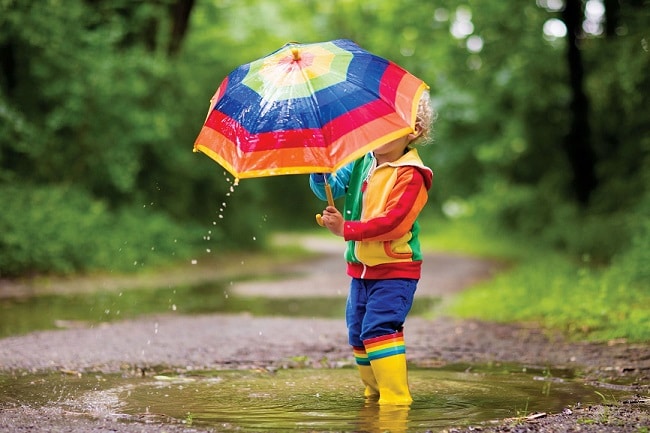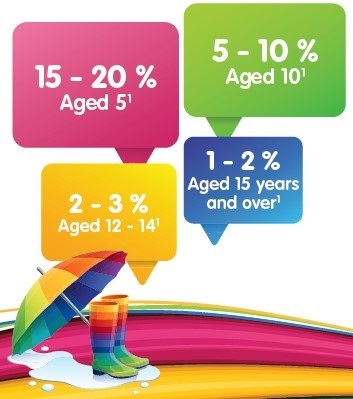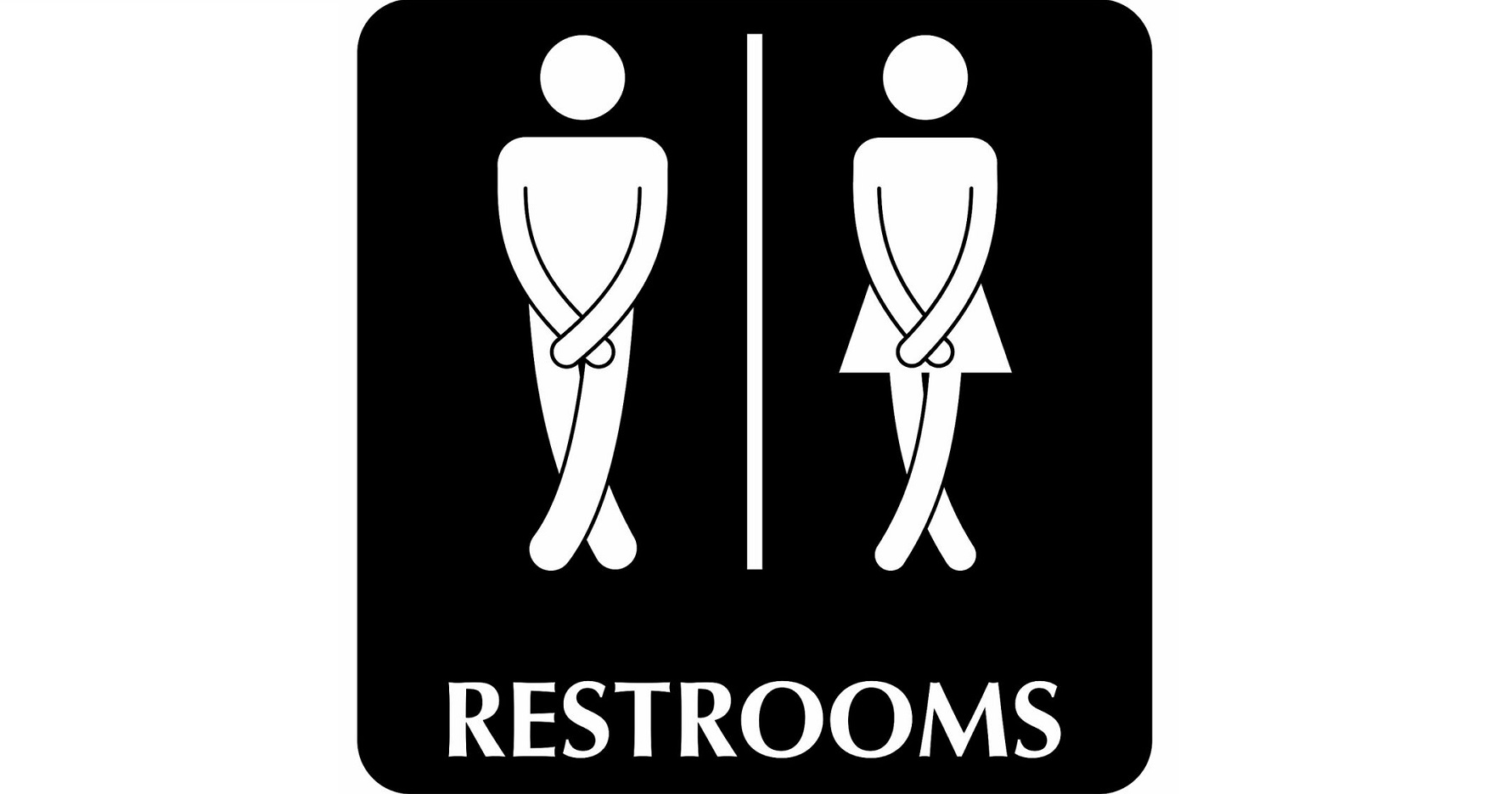



When a child is very young, enuresis may not seem like a concern. However, persistent bedwetting can be a distressing experience for both the child and the family as they get older.4,5
Aditionally, if left untreated, the child or teenager can suffer an increased risk of the following:1,4,5,6
Most importantly, clinical research has shown that bedwetting can have a significant negative impact on a child’s emotional and social development.6
On the whole, about 14 % of children grow out of wetting the bed each year. Even so, enuresis often doesn’t resolve by itself. In fact, for some children the problem continues into adulthood. Enuresis occurs in 2 – 3 % of adults.1
If your child is six years of age or older, still suffers from enuresis, and is unhappy and uncomfortable about it, you should contact your doctor for advice.2,7
For more on Understanding Bedwetting in kids


Disclaimer
This e-brochure has been auto-translated for your convenience. While machine translations are helpful, they may contain errors. Medinformer is actively working to have all translations reviewed by professional, mother-tongue language speakers, though this process will take time. For the most accurate information, please refer to the original English version. Medinformer and its partners cannot be held responsible for any inaccuracies that may result from the translation.
Thank you for your understanding.